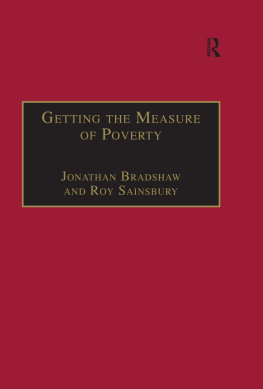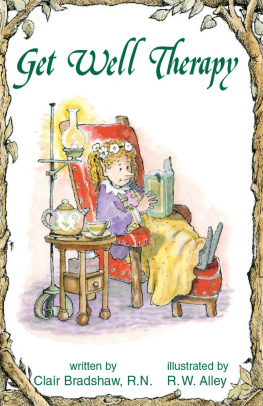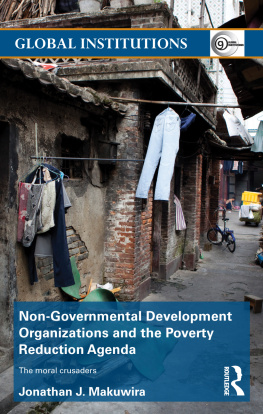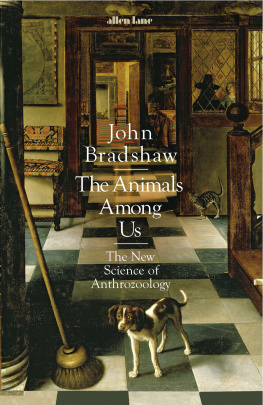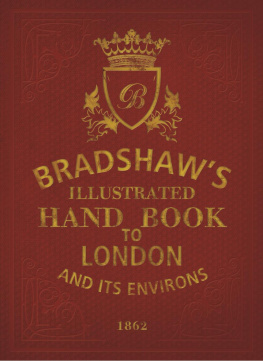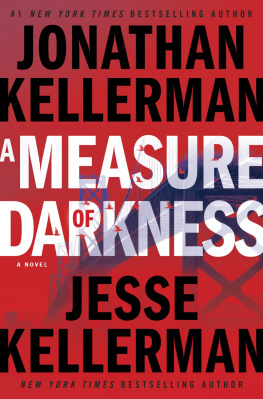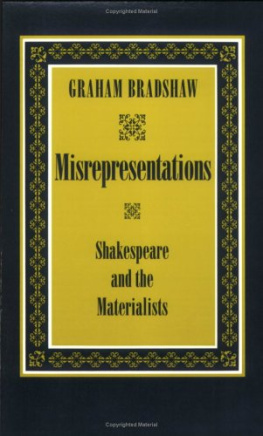Jonathan Bradshaw - Getting the Measure of Poverty
Here you can read online Jonathan Bradshaw - Getting the Measure of Poverty full text of the book (entire story) in english for free. Download pdf and epub, get meaning, cover and reviews about this ebook. year: 2000, publisher: Taylor & Francis, genre: Art. Description of the work, (preface) as well as reviews are available. Best literature library LitArk.com created for fans of good reading and offers a wide selection of genres:
Romance novel
Science fiction
Adventure
Detective
Science
History
Home and family
Prose
Art
Politics
Computer
Non-fiction
Religion
Business
Children
Humor
Choose a favorite category and find really read worthwhile books. Enjoy immersion in the world of imagination, feel the emotions of the characters or learn something new for yourself, make an fascinating discovery.
- Book:Getting the Measure of Poverty
- Author:
- Publisher:Taylor & Francis
- Genre:
- Year:2000
- Rating:5 / 5
- Favourites:Add to favourites
- Your mark:
- 100
- 1
- 2
- 3
- 4
- 5
Getting the Measure of Poverty: summary, description and annotation
We offer to read an annotation, description, summary or preface (depends on what the author of the book "Getting the Measure of Poverty" wrote himself). If you haven't found the necessary information about the book — write in the comments, we will try to find it.
Getting the Measure of Poverty — read online for free the complete book (whole text) full work
Below is the text of the book, divided by pages. System saving the place of the last page read, allows you to conveniently read the book "Getting the Measure of Poverty" online for free, without having to search again every time where you left off. Put a bookmark, and you can go to the page where you finished reading at any time.
Font size:
Interval:
Bookmark:
Jonathan Bradshaw and Roy Sainsbury
Social Policy Research Unit
University of York

2 Park Square, Milton Park, Abingdon, Oxon OX14 4RN
711 Third Avenue, New York, NY 10017, USA
Product or corporate names may be trademarks or registered trademarks, and are used only for identification and explanation without intent to infringe.
Getting the measure of poverty : the early legacy of Seebohm Rowntree. - (Studies in cash and care)
1. Rowntree, Seebohm - Influence 2. Poverty - Great Britain - History - 19th century - Congresses 3. Poverty - Research - Great Britain - History - 19th century - Congresses
I. Bradshaw, Jonathan, 1944 - II. Sainsbury, Roy
362.5'0941'0903
Nottingham Trent University
University of York
University of Glasgow
University of Salford
The Open University
University of Southampton
University of Essex
National University of Ireland Maynooth
University of York
Middlesex University Business School
University of Newcastle upon Tyne
University of Leicester
JOSEPH ROWNTREE FOUNDATION
- First and foremost, it marks the Centenary of Seebohm Rowntree's first study of poverty in York. It is indisputable that that survey constituted a large milestone in social research in this country.It was Beatrice Webb who called it a 'sort of Modern Doomsday Book' (1980). Seebohm says in his report that 'it was a contribution to the knowledge of facts in relation to poverty that any enquiry was undertaken' (1903) and it was its factual, evidential base which gave it such impact and authority - with material gathered through unemotional objective, detailed and conscientious research. In doing so, he was making a major reference in establishing the British empirical social research tradition.
- Secondly, the Foundation, being always primarily concerned with translating research into social change, recognises and celebrates the extraordinary social policy influence which was exerted by the survey on the thinking of Liberal party policy makers in the early years of this century, which led to reform, from which, eventually, emerged the Welfare State as we knew it in the years following the last War.
Roy Sainsbury
Font size:
Interval:
Bookmark:
Similar books «Getting the Measure of Poverty»
Look at similar books to Getting the Measure of Poverty. We have selected literature similar in name and meaning in the hope of providing readers with more options to find new, interesting, not yet read works.
Discussion, reviews of the book Getting the Measure of Poverty and just readers' own opinions. Leave your comments, write what you think about the work, its meaning or the main characters. Specify what exactly you liked and what you didn't like, and why you think so.

